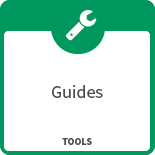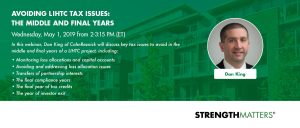
The Strength Matters Financial Management Conference will convene more than 300 of the nation’s top nonprofit community development leaders, as well as leading mission-focused for-profit colleagues and our key investment and accounting partners.
Hotel booking at the event location – Fairmont Dallas – is now available
Strength Matters Annual Meeting (Invite only)
(Monday, Sept. 16, at 1:00 p.m – Tuesday, Sept. 17, 12:00 p.m.)
This invitational event brings together CEOs and CFOs in an intimate, senior level forum where industry CEOs and financial leaders.
Financial Management Conference (Open to all attendees)
(Tuesday, Sept. 17 at 12:00 p.m. – Thursday, Sept. 19 at 12:00 p.m.)
Two days designed to connect CFOs and other senior financial staff from across the country for peer networking and hands-on workshops.









